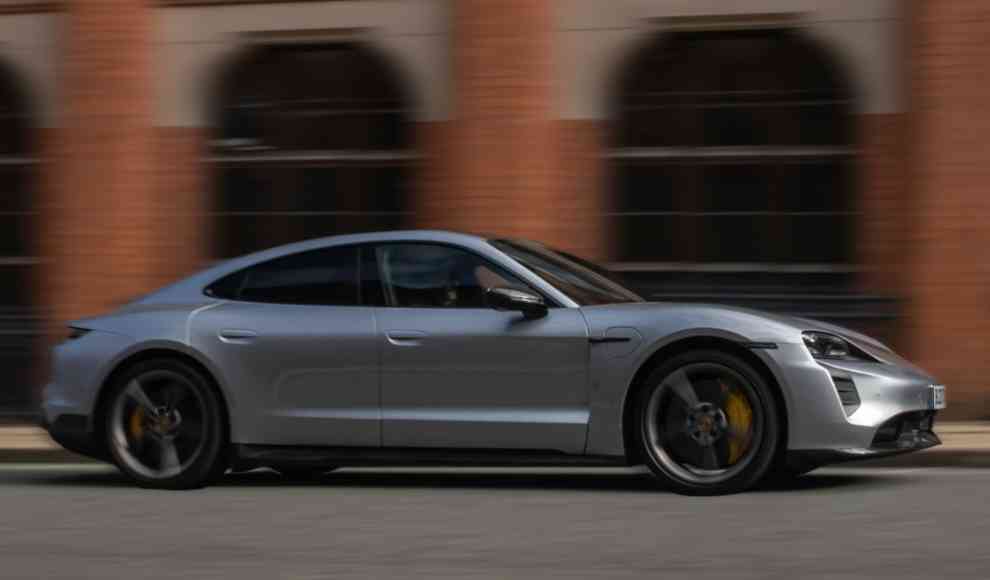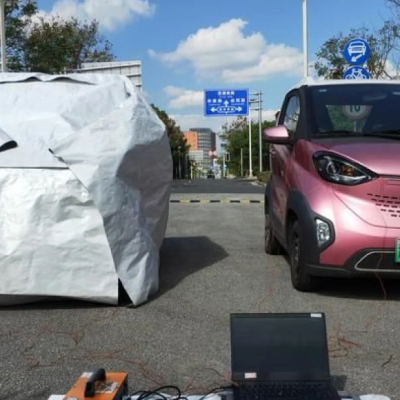Electric cars in Germany cost an average of €730 per year to power, according to a study by Check24.de. This is significantly cheaper than the €1,385 per year it costs to fuel a conventional car with a combustion engine. The study used the average annual mileage of 11,387 km, and the average prices of electricity (31 cents per kWh) and petrol (€1.56 per litre) in 2021. Electric cars consume an average of 20.7 kilowatt hours (kWh) per 100 km, while petrol cars consume an average of 7.8 litres per 100 km, according to the Federal Ministry of Transport. However, the study did not take into account the higher costs of charging at fast-charging stations, which are necessary for long-distance travel.
The study highlights the significant cost savings of electric cars compared to petrol cars in Germany. However, it also underscores the importance of charging at home or other low-cost locations to achieve these savings. Charging at fast-charging stations can be significantly more expensive, as demonstrated by a test of the Opel Mokka-e by Golem.de, which incurred electricity costs of €12.50 per 100 km on a trip from Berlin to Mainz. The German government is currently planning to limit the cost of charging at fast-charging stations to 44 cents per kWh, which would make it only slightly more expensive than charging at home.
Overall, the study provides valuable information for consumers considering purchasing an electric car in Germany. It emphasizes the importance of considering charging costs when making a decision, and highlights the potential cost savings of electric cars compared to petrol cars. As electric car technology continues to improve and charging infrastructure expands, it is likely that the cost savings of electric cars will become even more significant in the future.










